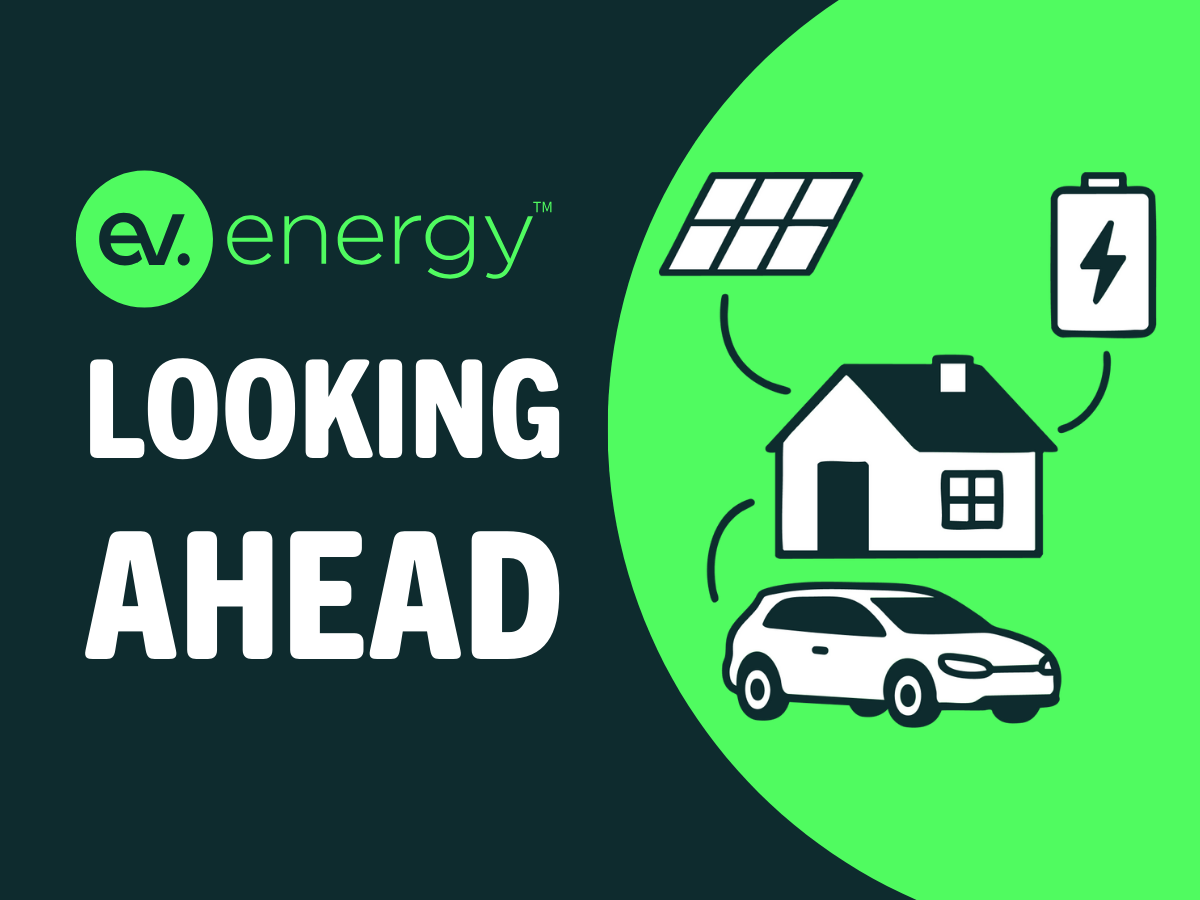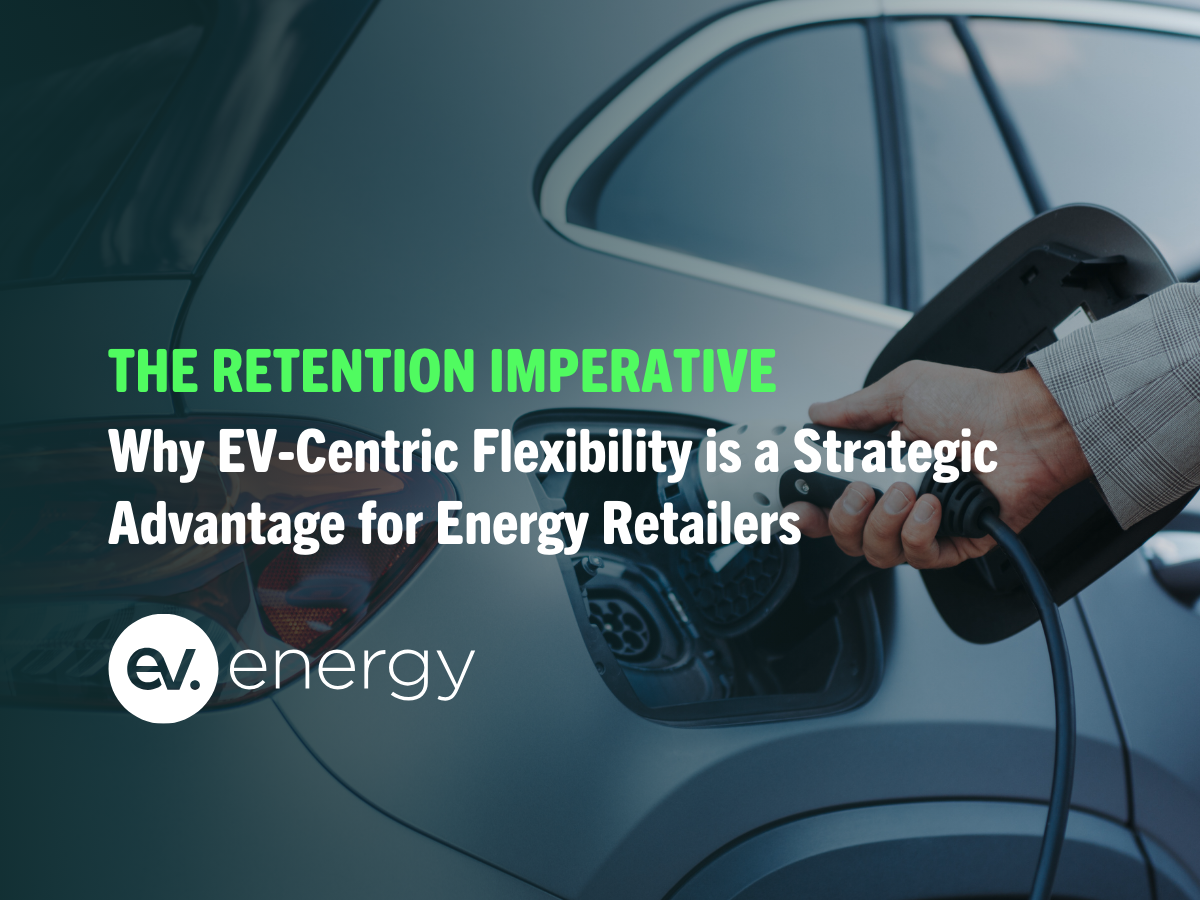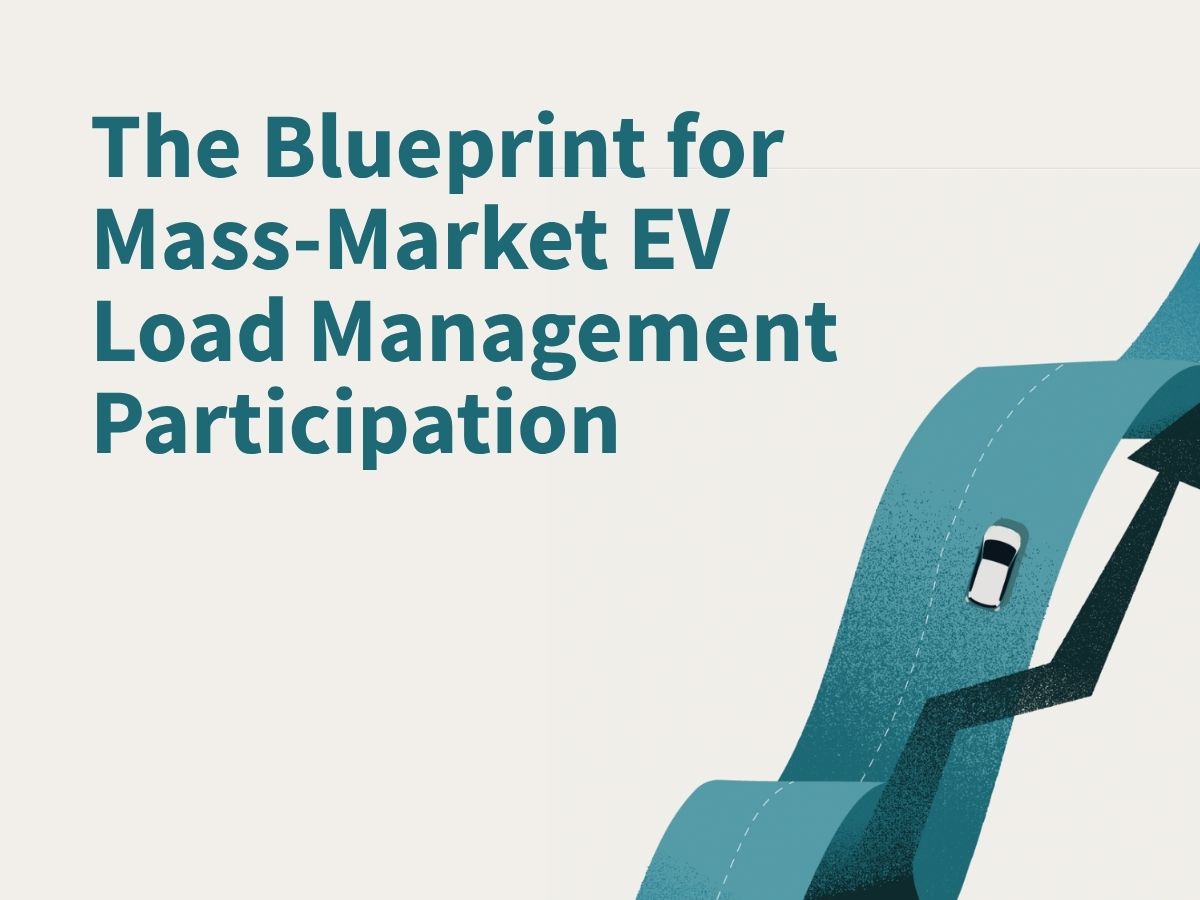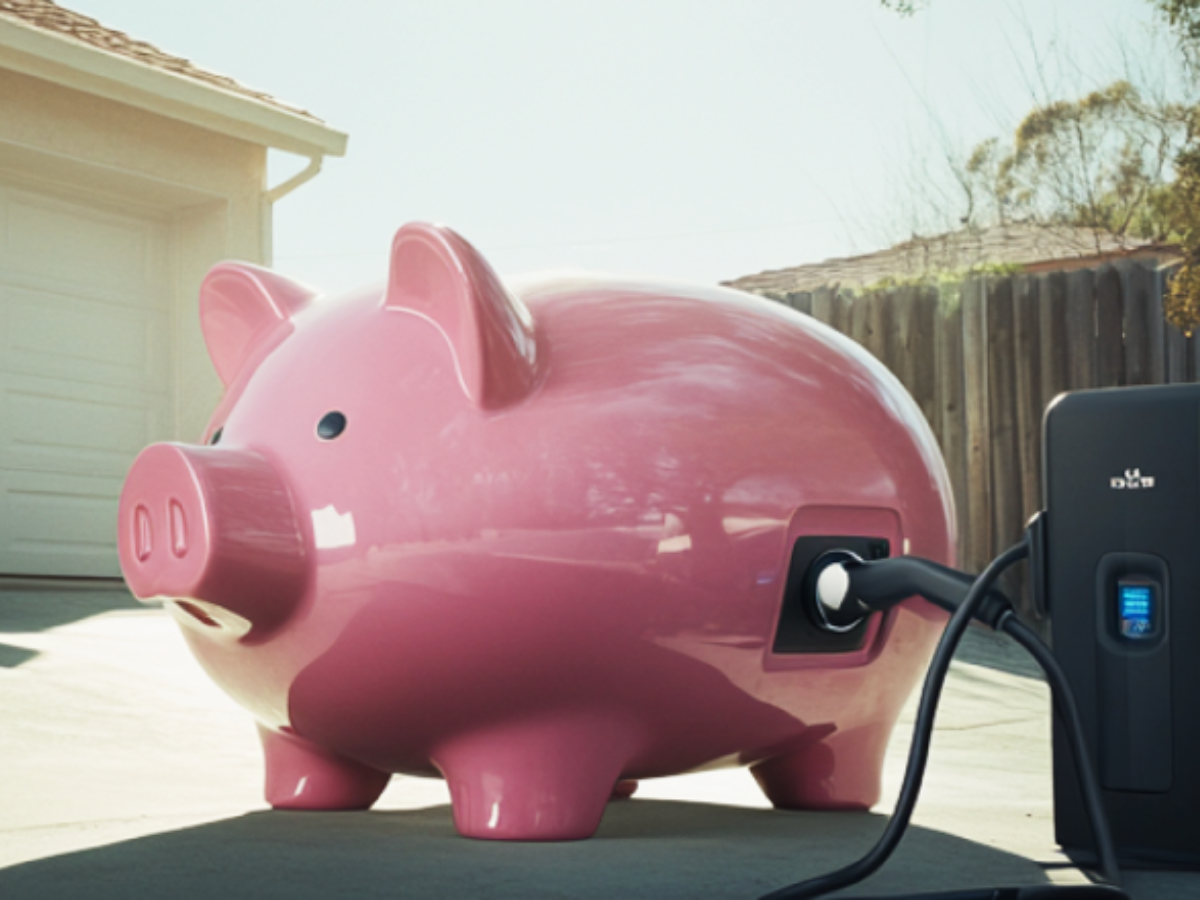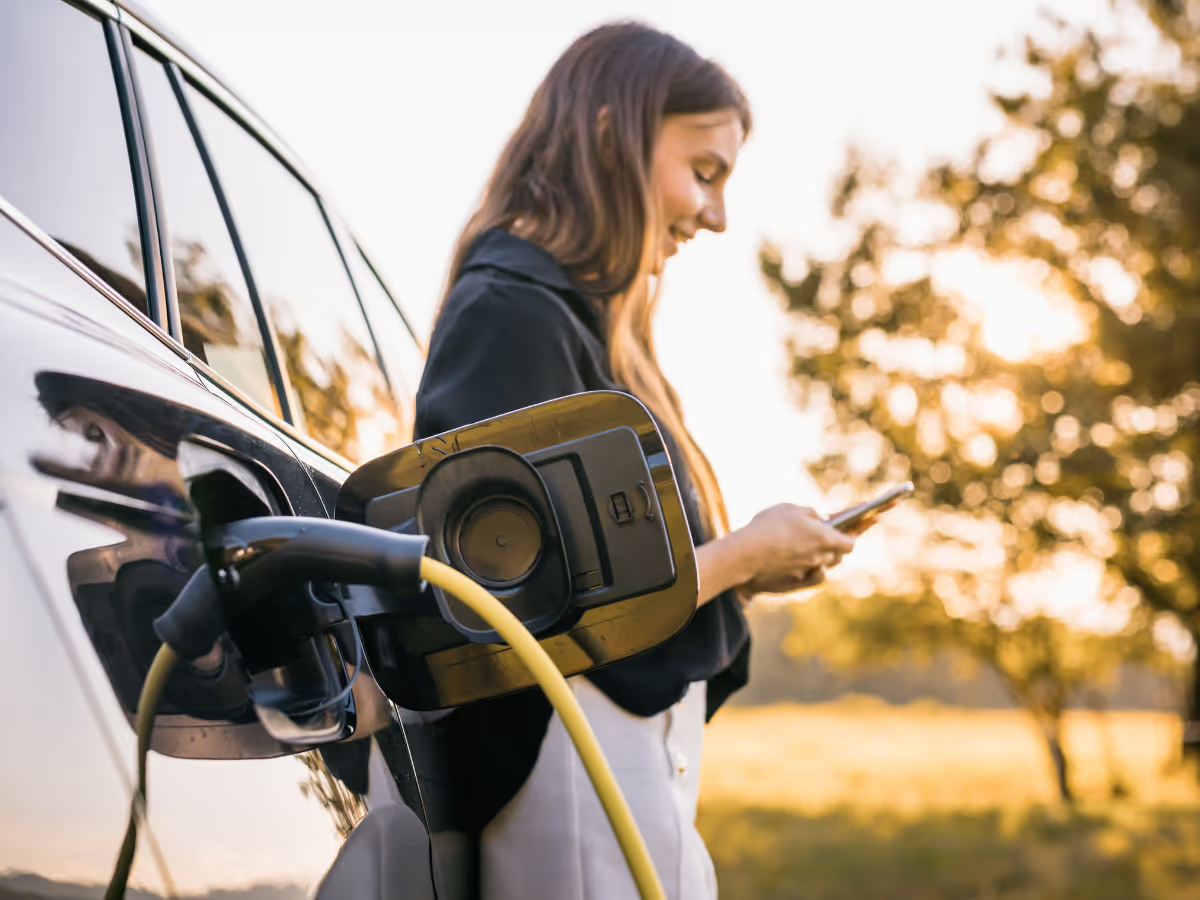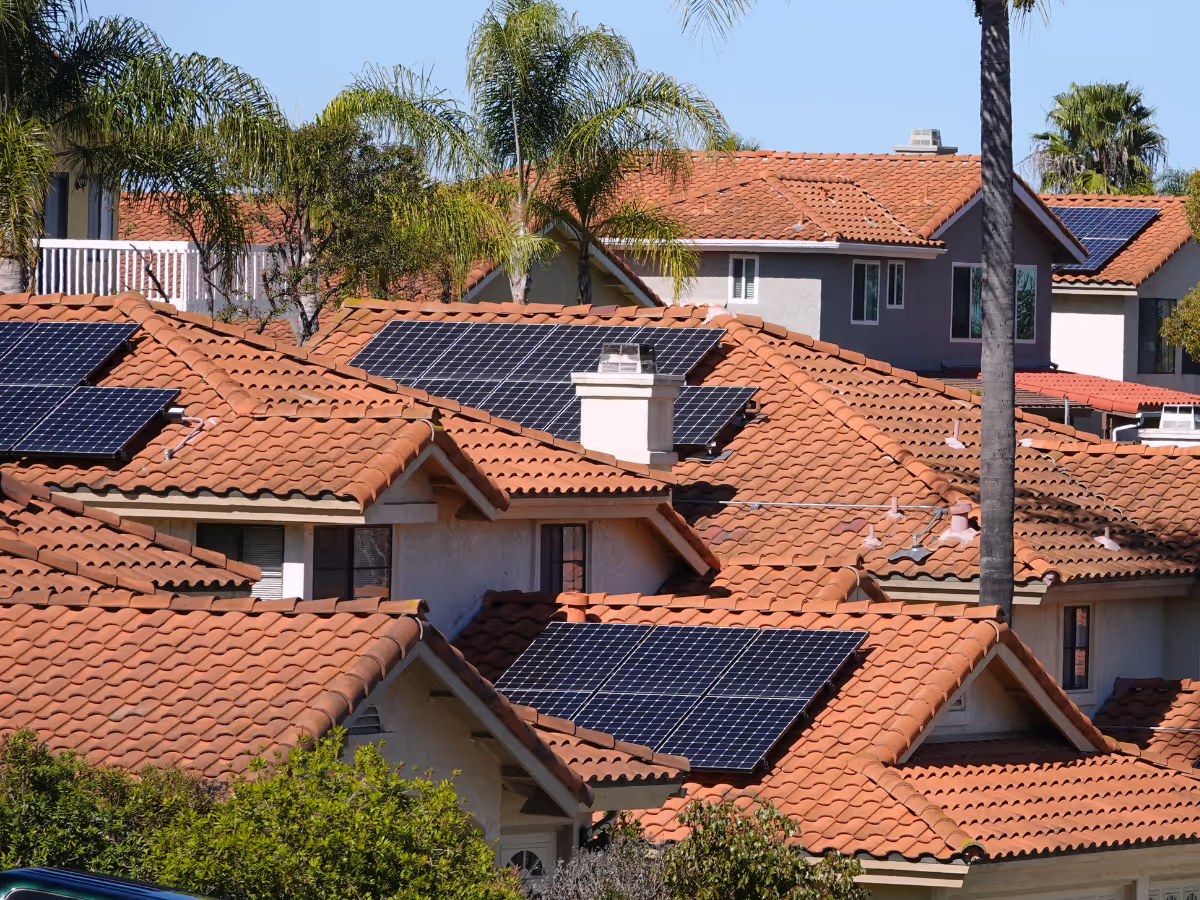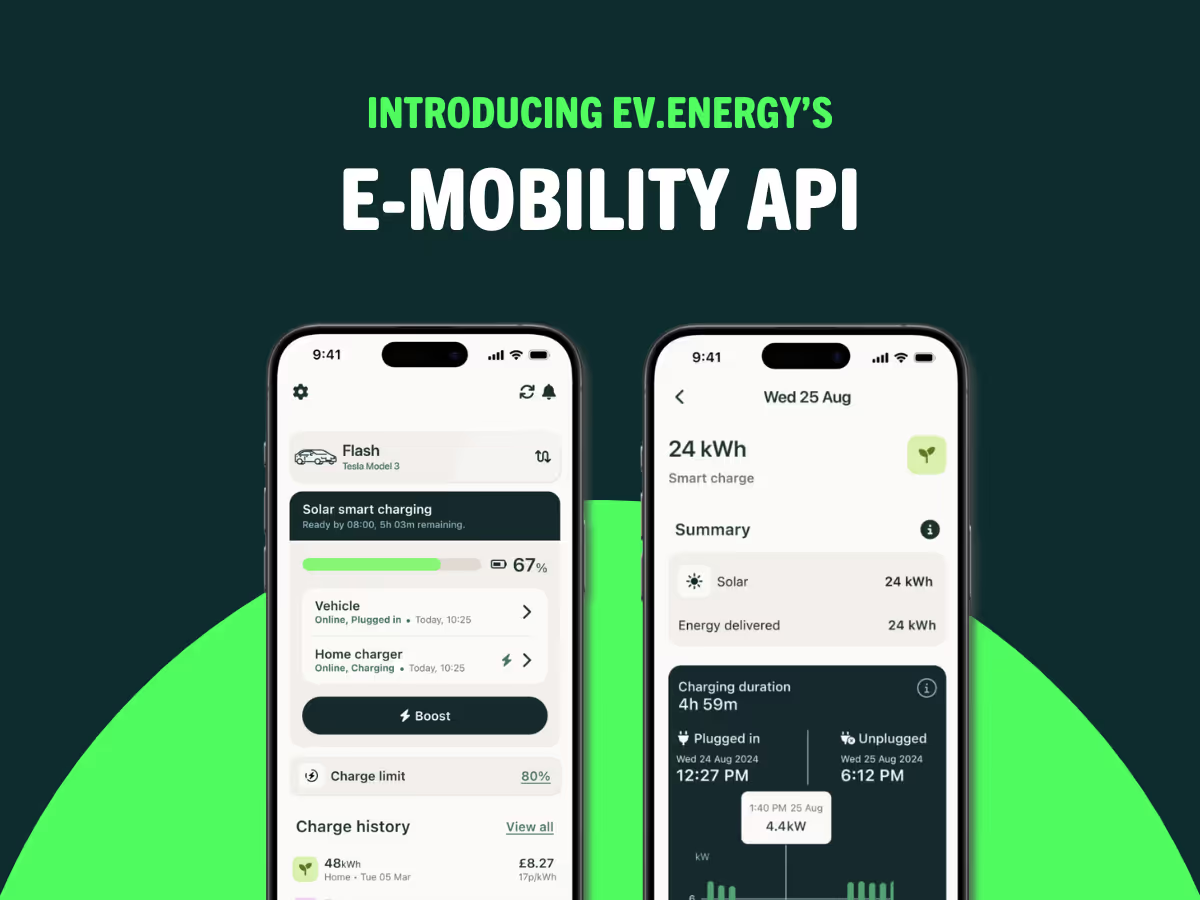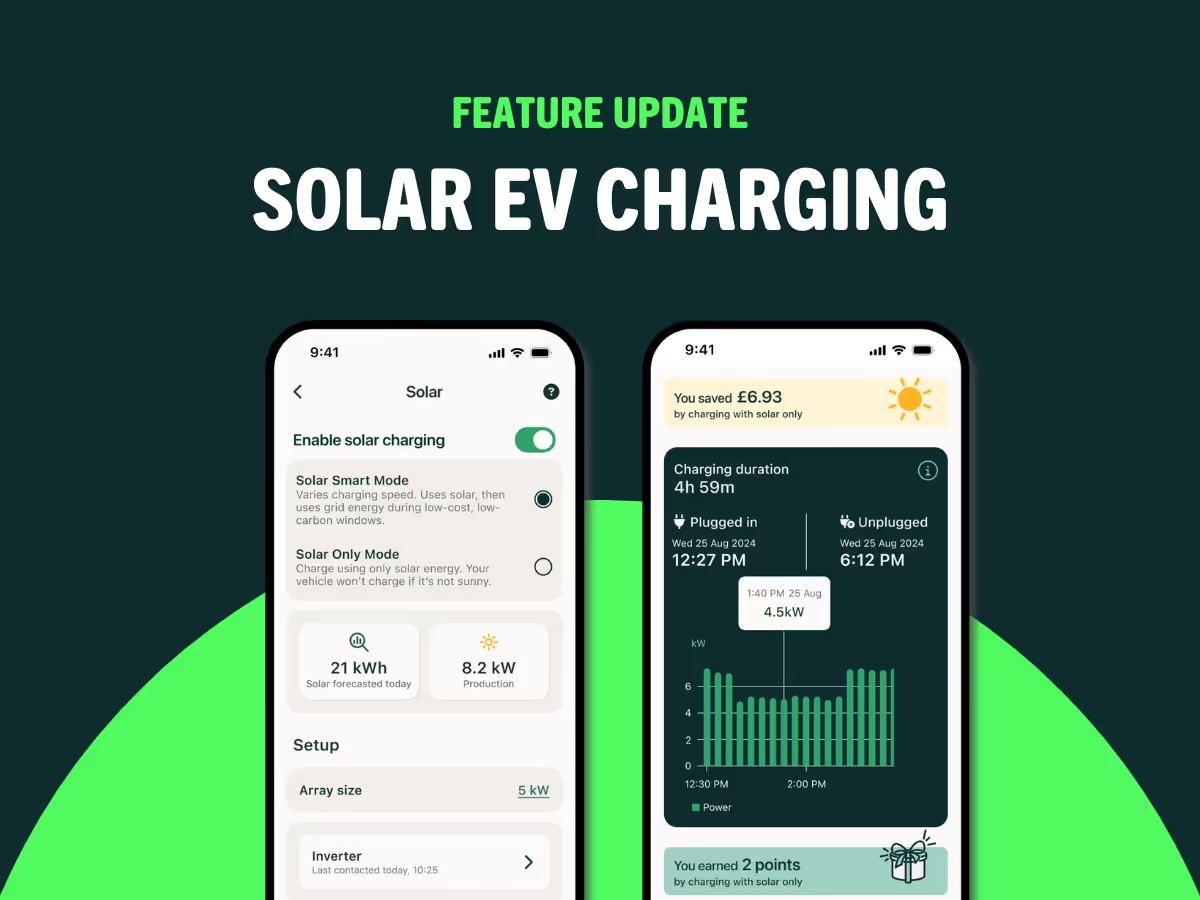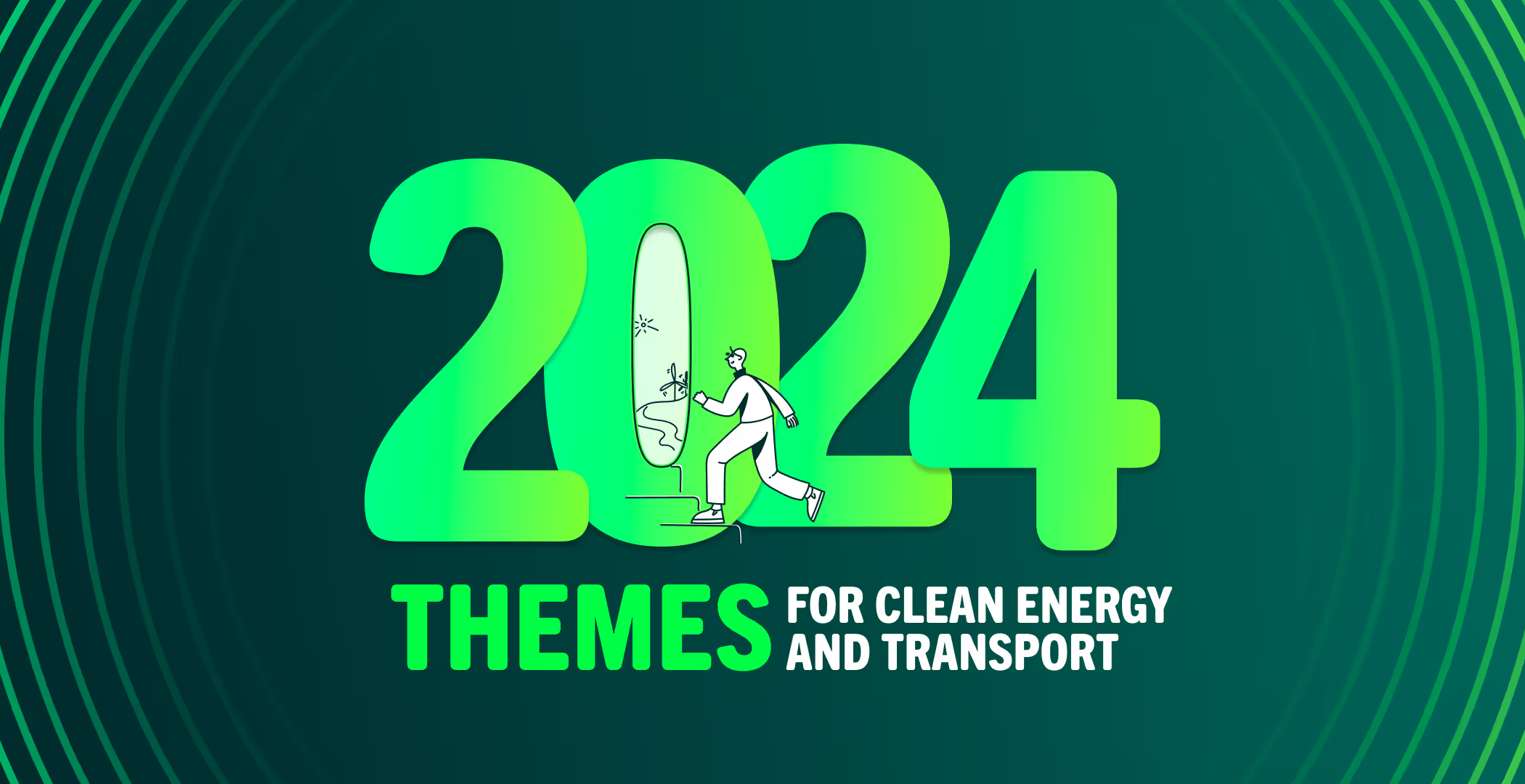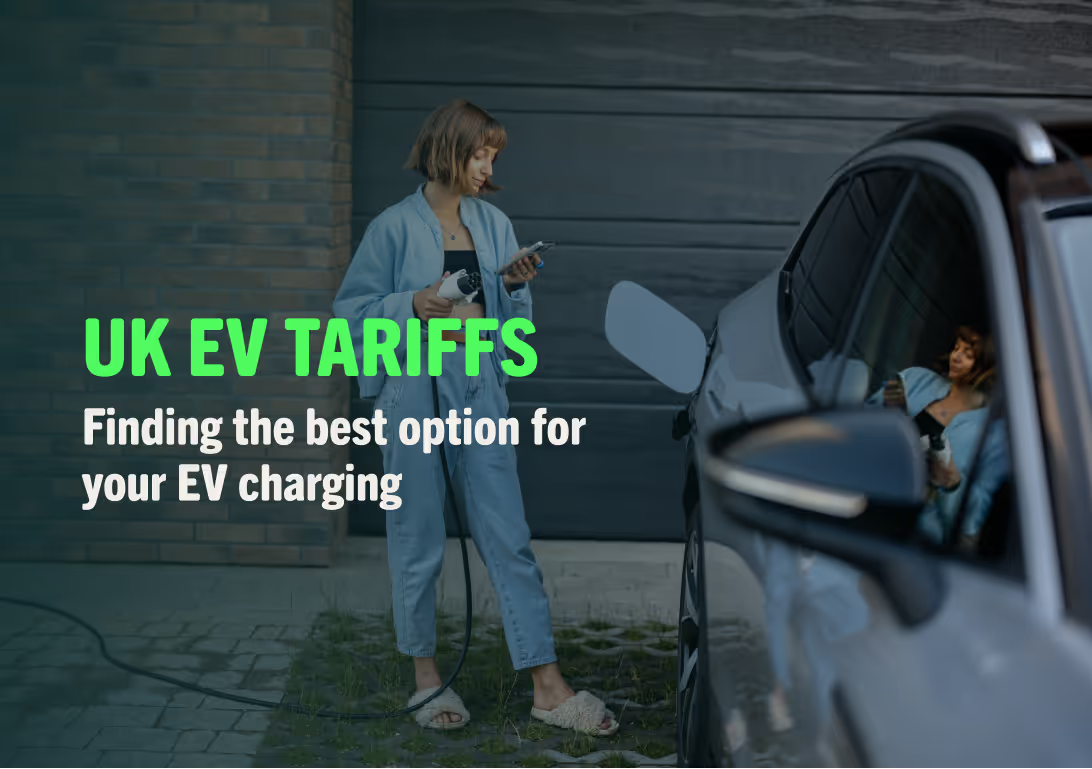Guide to EVs and Smart Charging


Leading the charge: how EVs and smart charging will accelerate the world to net zero
As the UN Climate Change Conference of the Parties (COP26) summit kicks off in Glasgow on 31 October, the world’s most powerful leaders are expected to set out a clear path to net-zero by mid-century. So how does the road ahead look for drivers?
The switch to Electric Vehicles will be pivotal in governments meeting commitments to reduced carbon emissions. So if you’re not already driving an EV, now’s the time to start thinking about it. To help, here’s our guide to buying and charging your first EV.
There are three main types of EVs:
- Battery Electric Vehicles (BEV)– are fully electric vehicles that rely on electricity from a battery. They use regenerative braking, meaning charge is put back into the car when you step on the brake.
- Plug-in Hybrid Electric Vehicles (PHEV)– are powered by both fossil fuels and electricity. These cars use regenerative braking and electricity from the grid to power them.
- Hybrid Electric Vehicles (HEV)– use a combination of both battery and engine for power. The electric motor initially powers the car and continues to power it at lower speeds, drawing on electricity from the battery.
For now, we’ll focus on Battery Electric Vehicles as they produce zero-emissions. For first time buyers there can be uncertainties around the costs and benefits associated with buying an EV, so we’ve broken them down to help you make the most informed decision.
Costs and savings
Initial cost of an EV
Initial upfront cost to purchase an EV – can range from £20,000 for a small/city car like a VW E-UP up to £189,000 for a high-end sports EV like Tesla’s Roadster.
Government grant
A government plug-in car grant towards the cost of brand new electric cars is now worth £3,500. The rules were tightened for plug-in hybrid cars, so none qualify for a government-funded discount.
Exempt from paying road tax
Zero emissions cars costing less than £40,000 are also exempt from paying road tax. That’s a potential saving of hundreds of pounds every year.
Car manufacturer scrappage discount
Some manufacturers offer generous scrappage discounts for anybody who trades in an old petrol or diesel car for an EV. Discount price varies from ~£1,000 – £7,000.
London Congestion charge and Ultra Low Emission Zone (ULEZ) exemption
All BEVs are exempt from paying the daily Congestion Charge and the ULEZ charge (£11.50 and £12.50 respectively).
Fuel savings from EV charging
Charging an EV is around £650 a year cheaper than putting petrol or diesel in a regular vehicle. Also, maintenance costs associated with EV’s tend to be lower than regular vehicles and they also depreciate less in value.
Charging your EV
Installing a home charging point will help you charge much quicker than plugging in with a regular three-pin plug.
A home wallbox charger is a unit that’s installed either in your garage or outside your house and is connected to your home’s mains electricity; most of these devices will charge your car at a faster rate than can be achieved using a normal three-pin plug.
What is smart EV charging?
Smart charging schedules your home electric vehicle charging for when it’s cheapest, greenest and most grid-friendly. Our algorithm looks ahead 24 hours and selects the best times to charge based on your energy tariff and the estimated carbon intensity of the grid.
Usually, drivers come home from work, plug in, and start charging right away – but this coincides with the natural peaks in domestic energy demand. Smart charging presses “pause” on charging until the demand in the house has gone down, and greener, cheaper energy is more readily available. Optimising charging to take place during these low electricity consumption hours is not only cheaper, but also helps in balancing the electricity grid.
How is Smart Charging better for the environment?
Using your country’s carbon intensity forecasts, we will align the times at which we charge your EV with periods where there is an excess energy supply from renewable sources such as wind and solar. One year of Smart Charging saves 140kg of carbon – the equivalent to the carbon sequestered in seven 10-year-old trees.
And if you have solar panels, our Solar Smart Charging feature allows you to charge your car with your own, free, 100% renewable solar energy, no matter what car or charger you own.
Will smart EV charging save you money?
Charging in off peak hours when the demand for energy is low helps you save money.
If you are on a variable rate energy tariff, enabling Smart Charging allows our platform to schedule your charge during the hours when your energy supplier charges you the least.
Our customers save up to £150 a year on their energy bill. Sometimes you can even be paid to charge at the best hours!
And if you have solar panels, our Solar Smart Charging feature allows you to smart charge with free energy from your own solar panels.
I’m on a flat rate tariff, can I still save any money?
You can still save money by claiming one of our smart rewards. You can earn reward points when you smart charge, and then redeem these points on money off vouchers, and more!
Already own an EV and ready to start smart charging? Download the ev.energy app today to do your part in tackling the climate crisis, whilst saving money and redeeming rewards.
